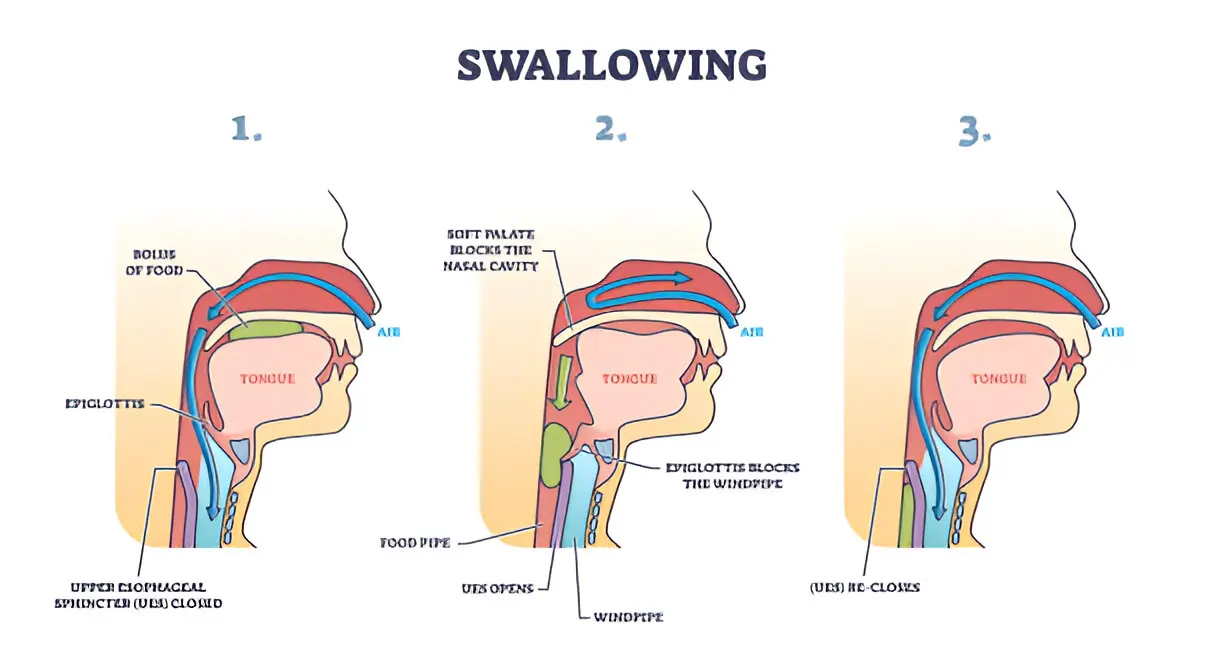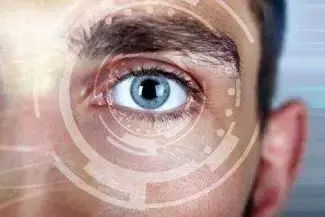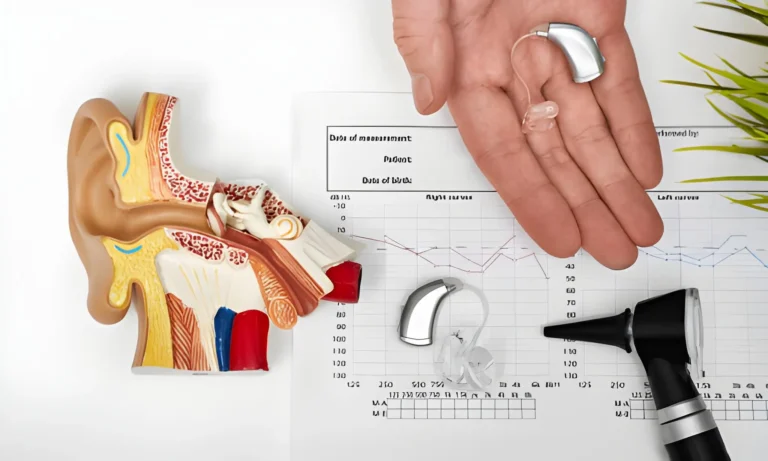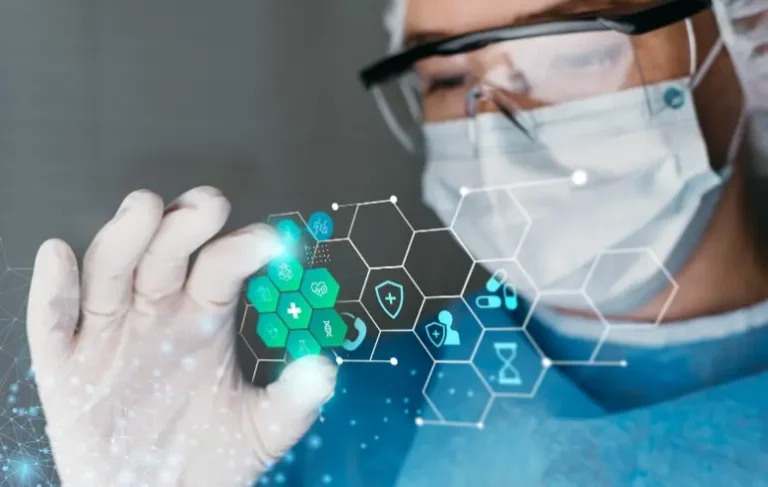Understanding Swallowing Disorders: Causes and Management Techniques
Think about the last time you enjoyed a warm cup of coffee or savored a bite of your grandmother’s apple pie. You probably didn’t give a second thought to swallowing – it just happened. But what if that simple act suddenly became complicated, scary, or even dangerous? That’s the reality for countless people dealing with swallowing disorders, and if you’re reading this, it might be your reality too.
What Are Swallowing Disorders?
A swallowing disorder, or dysphagia if you want to get technical, is when your body struggles to move food or drinks from your mouth down to your stomach. It’s not just about food “going down the wrong pipe” occasionally – we’ve all been there. This is different. Persistent. Frustrating.
Maybe you’ve started avoiding your favorite crusty bread because it feels like it gets lodged halfway down. Perhaps you’ve caught yourself coughing every time you try to drink water, or you’ve noticed you’re losing weight without trying because eating has become such a chore.
Your swallowing process is actually quite remarkable when it works smoothly. Your tongue acts like a conveyor belt, moving food around and pushing it back. Then your throat takes over like a well-choreographed performance – muscles contract, your airway closes to keep food out of your lungs, and everything gets pushed down toward your stomach. When this intricate dance gets disrupted, that’s when problems begin.
Management Techniques That Make a Difference
Here’s where hope enters the picture. Most swallowing disorders can be managed effectively once you understand what you’re dealing with.
You’ll likely work with a speech-language pathologist – think of them as your swallowing coach. They’re not just about helping kids say their R’s correctly. These professionals understand the mechanics of swallowing better than almost anyone. They’ll teach you exercises that might feel silly at first but can strengthen the muscles you need. You might learn to position your head differently or change how you time your swallows.
Food modifications, including the usage of products like SimplyThick, often become part of your new normal, but they don’t have to mean the end of enjoying meals. Thickening liquids might sound unappetizing, but it can make drinking safer and less stressful. Trading in that crusty bread for softer options doesn’t mean sacrificing flavor – it means being smart about staying nourished and safe.
Common Causes Behind Swallowing Difficulties
The reasons behind swallowing troubles are as varied as the people who experience them. Sometimes life throws you a curveball that affects how your body functions.
If you’ve had a stroke, you know how it can change everything overnight. Your swallowing might be affected because the brain signals that coordinate this complex process got interrupted. One patient I know described it as “having to relearn something I’ve done a million times without thinking.”
Parkinson’s disease can slow down your entire system, including swallowing reflexes. You might find yourself having to concentrate on something that used to be automatic. Multiple sclerosis can scramble the nerve signals, making coordination tricky.
Sometimes the problem is more mechanical. A tumor – whether it’s cancerous or not – might be taking up space where food needs to travel. Years of heartburn and acid reflux can leave scar tissue that narrows your esophagus, making it harder for food to pass through.
And let’s be honest about aging. As we get older, muscles everywhere lose some of their strength and coordination, including the ones we use for swallowing. Some medications can also throw a wrench in the works by affecting your saliva production or muscle function.
The most important thing? Don’t suffer in silence or let pride keep you from getting help. Swallowing disorders are more common than you might think, and healthcare providers see this every day. The sooner you address it, the better your chances of finding solutions that work for you. Remember, eating and drinking aren’t just about nutrition – they’re about connection, pleasure, and living fully. You deserve support in maintaining that quality of life.
Read more: How EHRs Enhance Patient Safety and Clinical Outcomes







